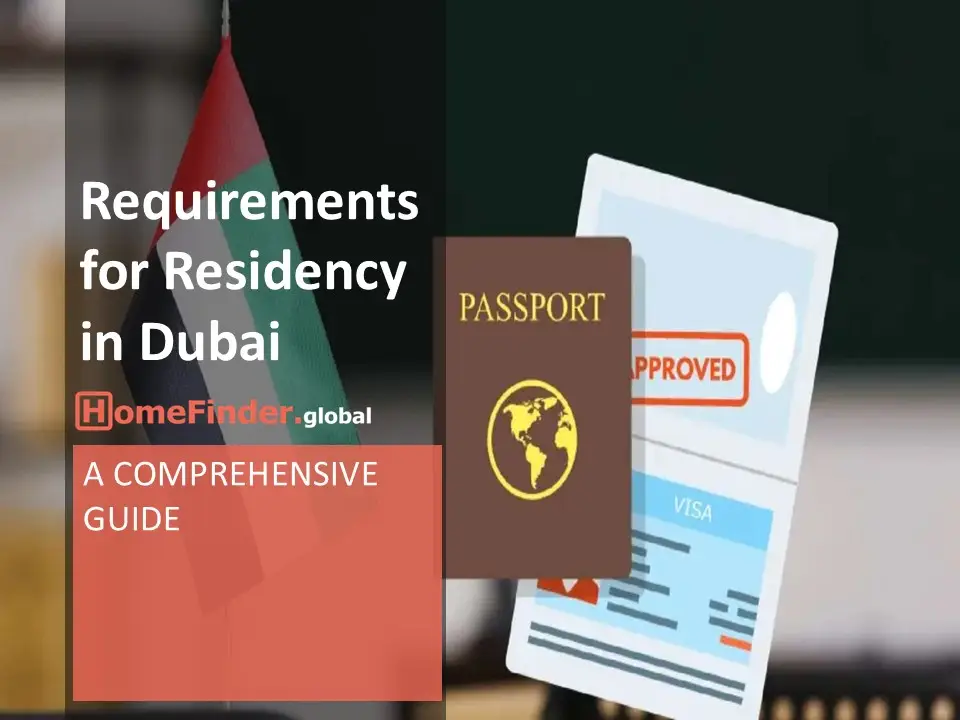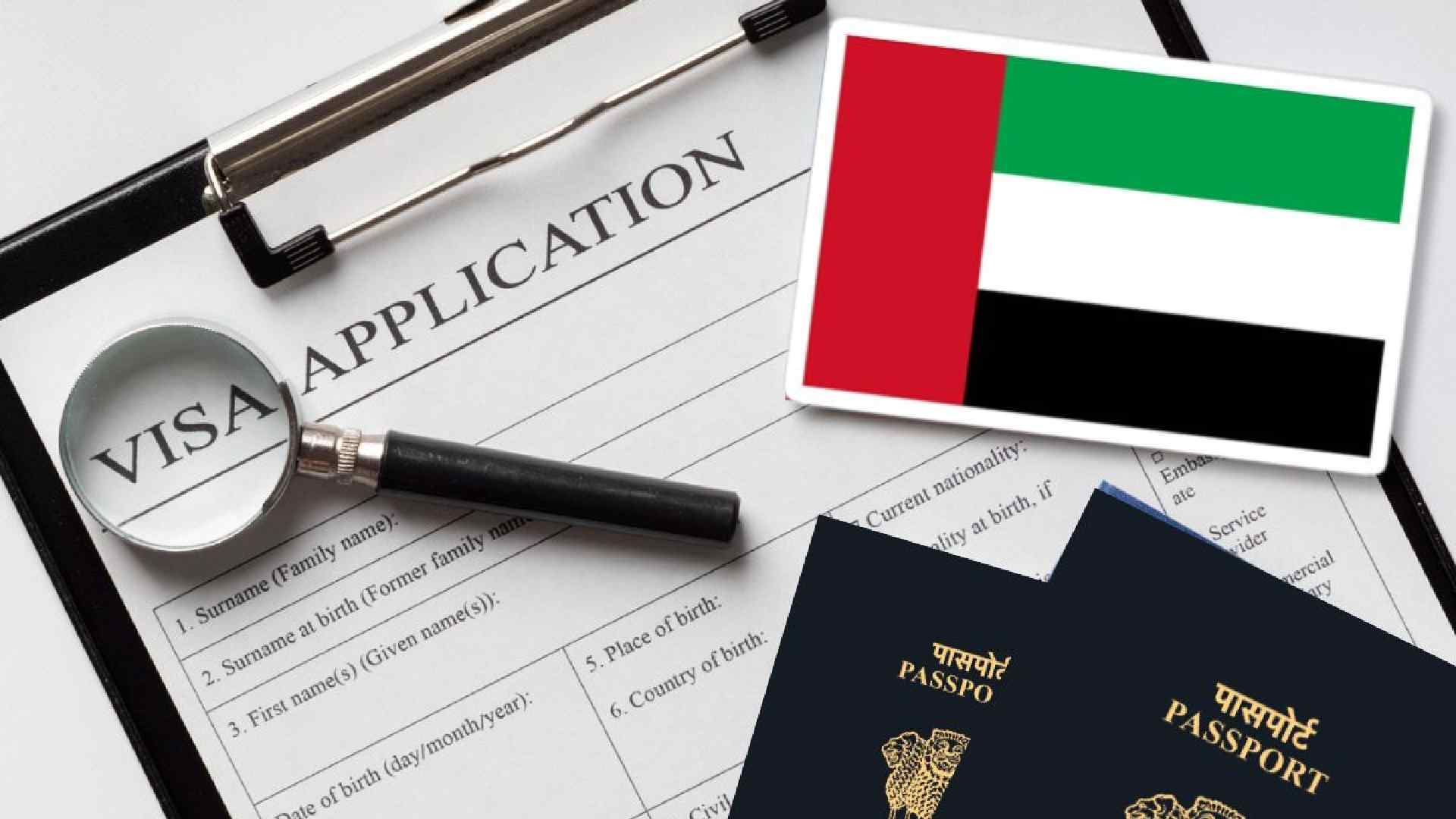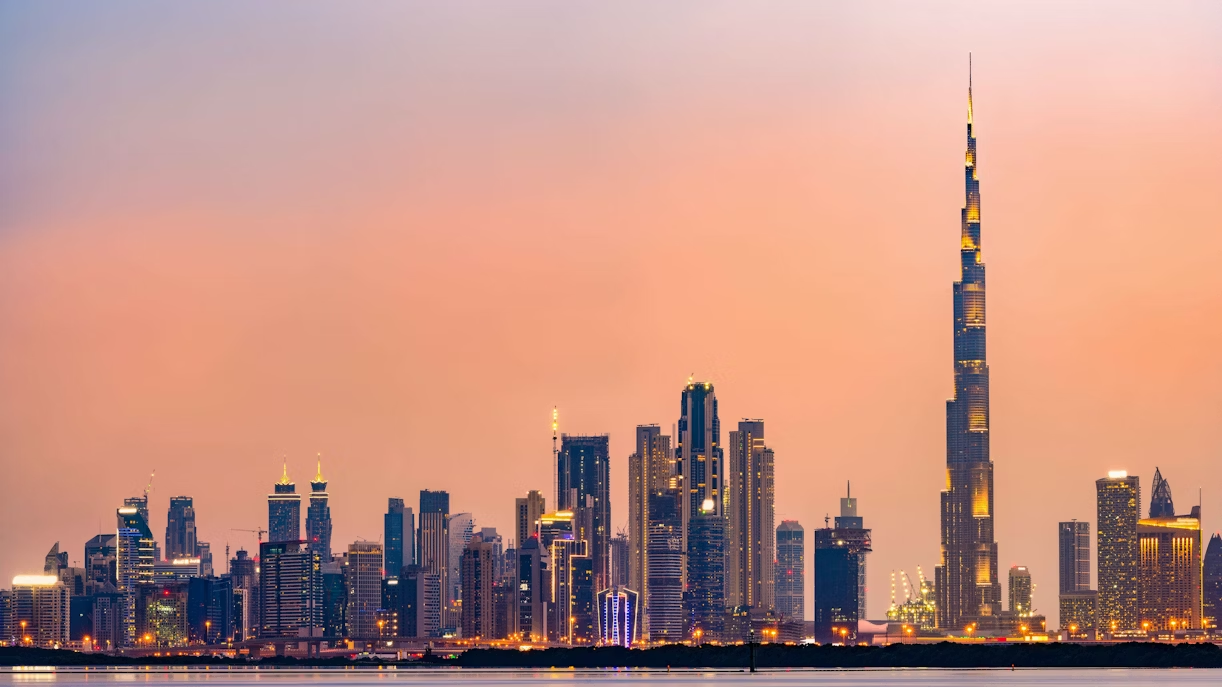Requirements for Residency in Dubai: A Comprehensive Guide


Dubai, the economic and business hub of the United Arab Emirates, continues to attract individuals from across the globe. This vibrant city offers not only a high standard of living but also an excellent job market and abundant business opportunities. As a result, it has become a top destination for those looking to live, work, and invest in the region. For many, understanding the conditions of Residency in Dubai is the first step toward achieving their goals.
If you are planning to relocate to Dubai, it is important to first understand the Requirements for Residency in Dubai requirements to ensure a smooth transition. Moreover, having a clear grasp of the conditions will save you time and effort during the application process. In this guide, we’ll walk you through everything you need to know about obtaining a residence visa in Dubai, including the types of visas available, their eligibility criteria, and the necessary documentation.
By the end of this guide, you will be well-prepared to navigate Dubai’s residency process and take advantage of the opportunities that this dynamic city has to offer.
Dubai offers a variety of residence visas designed to accommodate individuals seeking to live, work, or invest in the emirate. These visas typically have durations ranging from one to ten years, depending on the specific category. Furthermore, they are renewable, providing flexibility for those planning to extend their stay. For those looking at long-term options, Dubai even allows individuals to apply for a ten-year extension under specific conditions.
Understanding the conditions of Requirements for Residency in Dubai is essential when applying for a visa. Most residence visas require sponsorship, which could vary depending on your purpose for staying in Dubai. For instance, it might be your employer, an educational institution if you are a student, or even yourself if you plan to invest in property or establish a business. Additionally, once your visa is approved, you must also obtain an Emirates ID. This document serves as your official identification in the UAE and is crucial for accessing various services and benefits.
By understanding the types of Requirements for Residency in Dubai visas available and their requirements, individuals can effectively plan their move to Dubai, ensuring a smooth transition to life in one of the world’s most dynamic cities.
Dubai provides several types of residence visas based on the purpose of your stay. Each visa comes with its own requirements and benefits. Here are some of the most common ones:

Understanding these visa types will help ensure you meet the conditions of residence in Dubai that align with your goals.
Obtaining residence in Dubai involves various costs beyond the visa application itself. Here’s a breakdown of some additional expenses you may encounter during the residency process:
By understanding these conditions of Requirements for Residency in Dubai, you can plan accordingly for the costs involved and avoid surprises during the application process.
When applying for a residency visa in Dubai, you will need to submit several documents. The typical requirements include:
The first step is to secure an Entry Permit. After submitting the necessary documents and paying the applicable fees, you will receive a six-month entry visa. Once you arrive in Dubai, you can proceed with the next steps of the residency application process.
These steps include undergoing a medical test and applying for your Emirates ID. Once all requirements are met, you will receive your residency visa. The process usually takes 2 to 4 weeks, depending on the type of visa and individual circumstances.
The costs associated with obtaining residency in Dubai extend beyond just the visa application fees. Here are some of the additional expenses to consider:

Requirements for Residency in Dubai involves various costs, not just the visa application but also other administrative and health-related fees. Understanding these conditions of residence in Dubai will help you plan your budget effectively.
Residency visas in Dubai typically have a validity of one to three years, depending on the visa type. When the expiration date approaches, it is essential to act promptly to renew the visa and maintain legal residency. Furthermore, Dubai provides streamlined processes to ensure residents can complete renewals without unnecessary complications.
Importantly, Dubai offers a generous 30-day grace period following the expiration of your visa, during which you can renew it without facing any penalties. This ensures that individuals have ample time to meet the residence in Dubai requirements for renewal.

Importantly, Dubai offers a generous 30-day grace period following the expiration of your visa, during which you can renew it without facing any penalties. Furthermore, this grace period allows individuals sufficient time to gather necessary documents and complete the renewal process. However, it is absolutely crucial to avoid exceeding this window, as doing so not only results in daily fines but also exposes you to potential legal consequences. Additionally, renewing your visa on time ensures uninterrupted access to services and avoids unnecessary complications with residency status.
To streamline the process and avoid delays:
In conclusion, renewing your residency visa is a straightforward process as long as you act proactively and follow the prescribed steps. By taking advantage of online services and understanding the grace period regulations, you can secure your continued residency in Dubai without unnecessary disruptions.
Living in Dubai offers numerous advantages, making it an attractive destination for individuals seeking to reside in a global city. Some of the most notable benefits include:
Living in Dubai opens up numerous opportunities for individuals who wish to reside, work, or invest in one of the world’s most dynamic cities. Furthermore, the city’s well-structured visa process ensures that anyone, with the right guidance from a real estate consultant, can navigate the application smoothly. Additionally, Dubai’s vibrant lifestyle, strategic location, and economic potential make it an attractive choice for many.
Ultimately, whether you are looking to relocate for career advancement, secure a high-return investment, or simply enjoy an unparalleled lifestyle, Dubai has something to offer. Therefore, it is important to stay informed, plan carefully, and seek advice from experienced real estate consultants to maximize your opportunities. By doing so, you can fully enjoy the benefits of calling this exceptional city your home.

The processing time for residency visas varies depending on the type of visa. On average, it takes between 2 and 4 weeks to receive approval.
Yes, you can apply for both a work visa and a family visa if you are employed in Dubai and wish to sponsor your family members.
No, you can qualify for a residency visa by purchasing any property worth at least AED 2 million. However, the property must meet certain conditions, such as being purchased through a mortgage or an under-construction property.
No, the Golden Visa is typically granted to the property owner or investor. However, family members (spouse and children) can be included on the same visa.
Yes, residency visas are extendable. In most cases, you may need to submit updated documents or undergo an assessment based on your employment or financial status.
Home Finder Global is your trusted partner in finding the perfect property, whether you’re looking to buy, sell, or invest in real estate across the UAE and beyond. With a comprehensive listing of premium properties and personalized consulting services, the platform connects buyers with their dream homes and lucrative investment opportunities.
Explore the opportunities and discover how Home Finder Global can help you achieve your real estate goals. Visit their website to get started: homefinder.global.
Contents